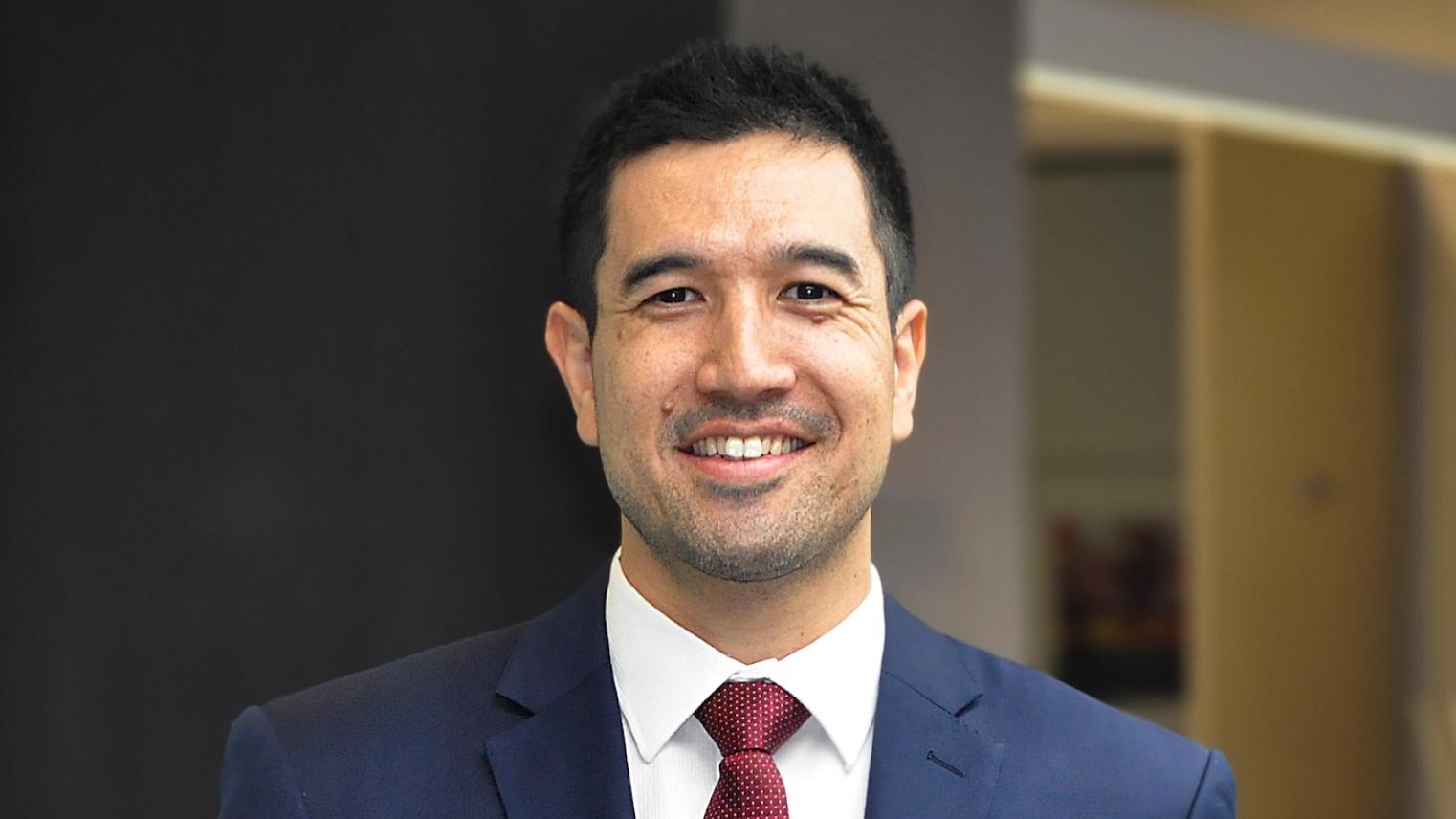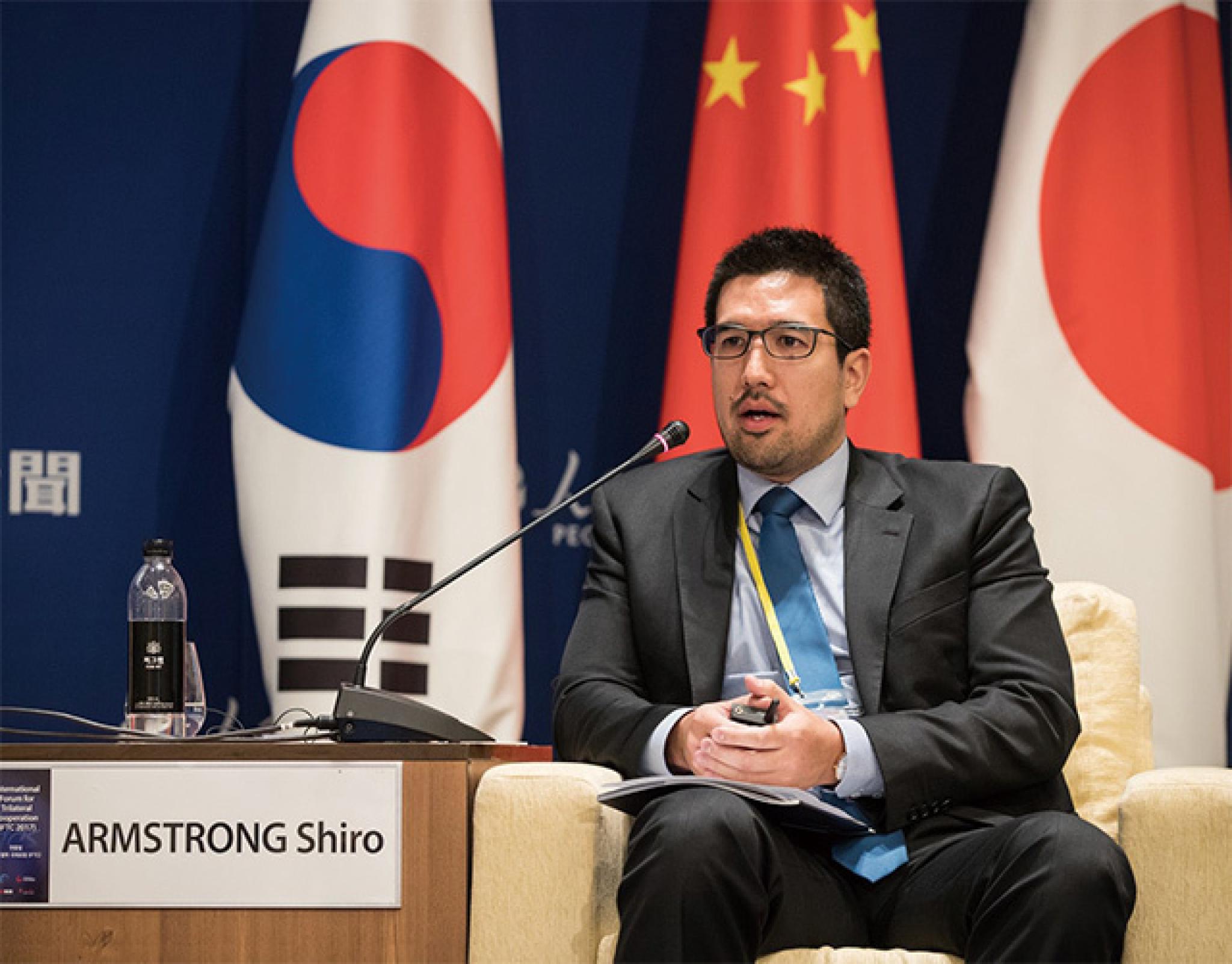CAP researcher spotlight: Professor Shiro Armstrong

Many countries – including Australia – are increasingly viewing economic interdependence as a vulnerability to economic and political security. This growing trend worries Professor Shiro Armstrong from our Crawford School of Public Policy. He says trade and economic cooperation between countries promotes security, prosperity and development. So why do some states increasingly view interdependent economies and trade as risky?
The Asia-Pacific region contains some of the largest economies in the world. From important emerging powers like India and Indonesia to established powers like the United States in the Eastern Pacific and China and Japan in East Asia.
Rivalry between the United States and China, uncertainty from global crises like climate change and the coronavirus and protectionism are some of the reasons we are seeing countries deploy new policies that retreat from decades of successful economic strategies. According to Professor Armstrong, a reduction in economic ties will impact future global security.
“The weaponisation of trade and economics is causing some to see high trade shares and interdependence as a vulnerability. That threatens our prosperity and security,” he argues.
Professor Armstrong’s research also has implications for Australia. He says Australia is adopting an approach away from economic interdependence - in-line with other states - which could isolate our country economically.
“The nature of Australia’s engagement with Asia, the global system, and economic security is at stake,” he said.

Professor Armstrong has found support from his colleagues at CAP to develop his ideas and research. As a scholar who operates throughout Asia, Professor Armstrong has a network of fellow researchers with expertise in the region. This is one of the reasons Professor Armstrong has devoted his career to the Australian National University (ANU) and the College of Asia and the Pacific.
“The College has a diverse community with academics and students from all over the world. Being able to work with CAP’s diverse community means I can undertake multidisciplinary work and understand the perspectives from different communities,” he said.
The ANU College of Asia and the Pacific (CAP) is home to leading academic scholars who focus on the Asia-Pacific region. As a leading institution in Asia-Pacific studies, the College has a broad array of academic expertise, research institutes and development and networking opportunities for staff and students.
“There is no better place to be to work on the Asian economies and international trade policy. ANU and CAP have an amazing collection of experts and a rich history of work on economic policy and on the region. I am honoured to be able to contribute to that,” Professor Armstrong said.
Critically analysing Australia’s role in the global economy and our economic policies is essential to create better outcomes. Professor Armstrong will cover how Australia can make economic decisions to promote peace and security in greater detail at his upcoming professorial lecture titled Weaponised economics and restoring the global economic order.
Professor Armstrong hopes to see diverse members from our College community at the event. He is confident his presentation will push attendees to think deeper about Australia’s approach to global and regional economic cooperation.
“I want to explore the real issues we should be considering and how to maintain prosperity and security,” he said.
Professor Armstrong’s professorial lecture is one of many professional and academic opportunities available to him at CAP. He operates two research centres through his academic expertise: the Australia-Japan Research Centre and the East Asian Bureau of Economic Research. Professor Armstrong is also the editor of the East Asia Forum publication.
The College encourages everyone in our community to attend his upcoming lecture. This will be the fourth lecture in our Professorial Lecture Series. You can register now for the event on Wednesday 24 July at Molonglo Theatre in the Crawford School of Public Policy.